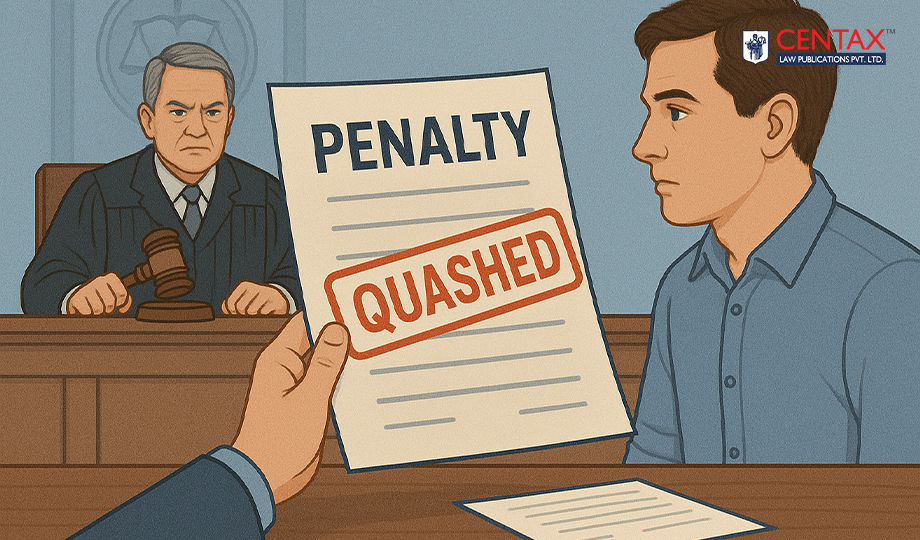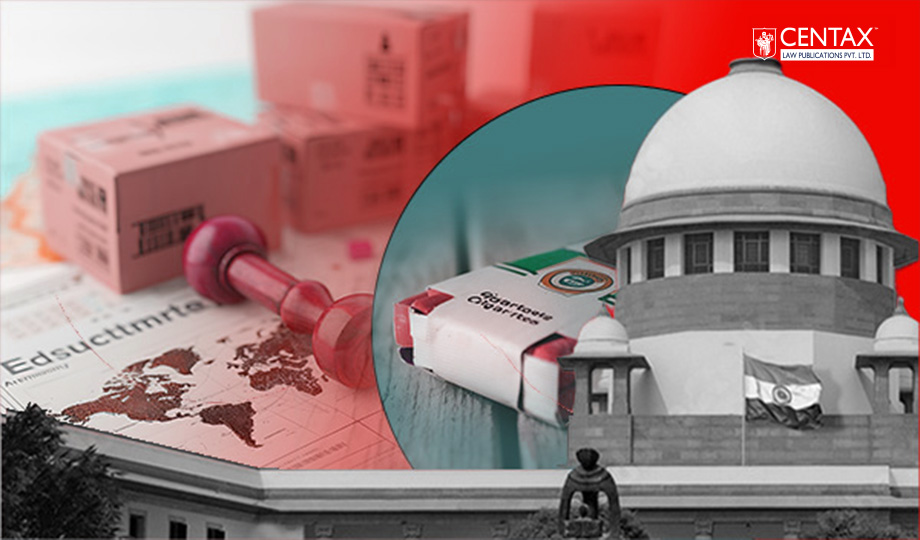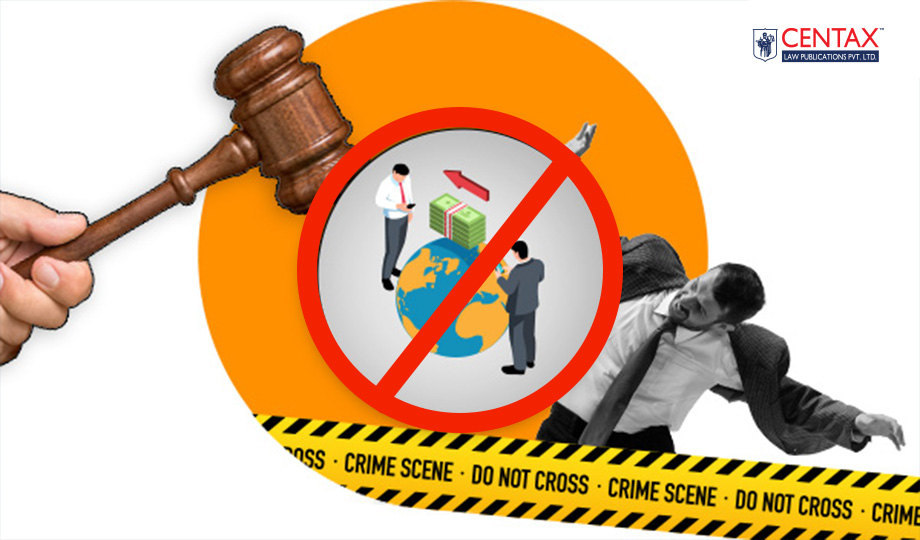
Case Details: Moti B. Bhatia Versus Union of India (2025) 29 Centax 404 (Bom.)
Judiciary and Counsel Details
- B.P. Colabawalla & Firdosh P. Pooniwalla, JJ.
- S/Shri Prakash D. Shah, Sr. Adv. with Jas Sanghavi, Adv. i/b. PDS Lega, for the Petitioner.
- S/Shri Subir Kumar with Mamta Omle, Advs. & Ashita Aggarwal, for the Respondent.
Facts of the Case
The respondent-assessee in this case is partner in a firm, which was the subject of proceedings initiated by the Department. The Department issued a Show Cause Notice (SCN) to the Firm, alleging excise duty evasion and proposing the imposition of duty, interest, and penalties under the Central Excise Act, 1944. The SCN, although directed to the Firm, also proposed the imposition of a penalty on the partner (the individual) under Rule 26 of the Central Excise Rules, 2002. However, the SCN was not addressed to the partner individually, nor was it served upon him in accordance with the statutory requirements of Section 37C of the Central Excise Act, 1944, which mandates personal service when imposing penalties on individuals. Despite this procedural lapse, the Adjudicating Authority proceeded to pass an Order-in-Original, imposing a penalty on the partner.
The respondent-assessee filed an appeal before the CESTAT, challenging the order. His arguments centered around the time-barred nature of the SCN, as well as the failure to properly serve the SCN on the partner. The CESTAT agreed with the assessee’s contention that the SCN was time-barred, and, as a result, set aside the entire Order-in-Original, including the penalty on both the Firm and its partner. The Department then appealed against order of CESTAT to the Bombay High Court.
High Court Held
The Hon’ble Bombay High Court affirmed the decision of the CESTAT and held that the penalty on the partner was invalid due to the failure to serve the SCN on the partner personally, which violated the principles of natural justice under Section 37C of the Central Excise Act, 1944. The Court emphasized that the CESTAT’s decision had already set aside the Order-in-Original on the grounds that the SCN was time-barred, thereby invalidating the penalty on both the Firm and its partner.




















